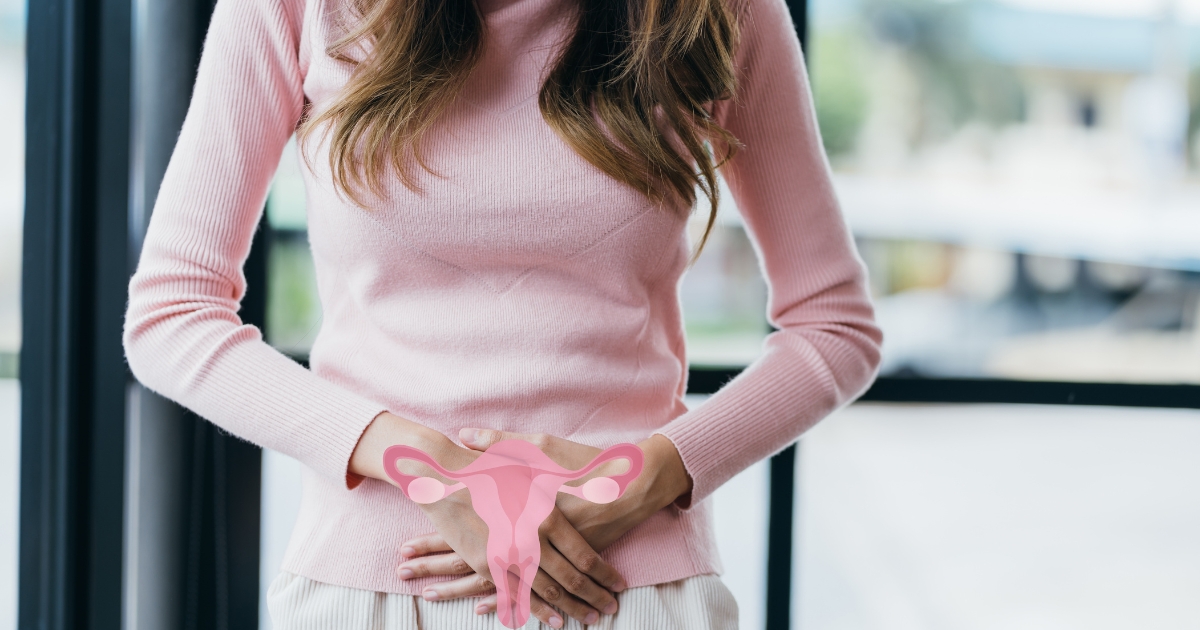Fibroid Uterus
Understanding Fibroid Uterus: A Common Women’s Health Issue
As a gynecologist working in India, I frequently see women with concerns about fibroids. So, let’s talk about these common growths, what they are, and what to do about them if you have them.
What Are Uterine Fibroids? (Fibroid Uterus)
Fibroids aren’t cancer, and most aren’t even dangerous. For instance, they’re growths made of muscle and tissue that form in or on your uterus (womb). They come in different sizes— some so tiny you need a microscope to see them, while others grow large enough to change your belly’s shape. We don’t completely understand why fibroids happen, but they are very common.
Types of Fibroids (Fibroid Uterus)
Fibroids get their names from where they grow on your uterus:
- Intramural: These are the most common. They grow within the wall of the uterus.
- Subserosal: These grow on the outside surface of the uterus. Sometimes, they can even grow on little stalks!
- Submucosal: This type grows into the inner cavity of the uterus and is the least common kind.
Do I Have Fibroids? Symptoms to Look Out For (Fibroid Uterus)
Many women with fibroids have zero symptoms. That’s surprising, isn’t it? But, sometimes, they can cause problems like:
- Heavy Bleeding: Periods that are longer, heavier, and maybe even have clots.
- Pain: Cramping in your pelvis (lower belly) or back.
- A Feeling of Fullness: You may feel pressure in your belly or have trouble going to the bathroom frequently.
- Painful Intercourse: Depending on where the fibroid is located.
- Problems Getting Pregnant: This isn’t common, but some fibroids can make it harder.
An Important Note: It’s easy to mistake fibroid symptoms for something else. So, it’s crucial to see your gynecologist if you’re experiencing any of these issues to get correctly diagnosed.
How Do We Find Fibroids?
Here’s how your doctor will check for fibroids:
- Pelvic Exam: Many fibroids can be felt during a normal pelvic exam by your doctor.
- Ultrasound: This uses sound waves to create a picture of your uterus, making it easy to spot fibroids.
- Other Imaging Tests: Sometimes advanced tests like MRI scans are needed for better visualization, especially if you are planning treatment.
What If I Have Fibroids? Do I Need Treatment?
This is the most important thing to know: most fibroids don’t need treatment. If you don’t have symptoms, we might simply recommend regular checkups to watch them. However, if the fibroids cause problems, we have options.
Treatments for Fibroids
Treatment depends entirely on your specific case: the size and location of the fibroids, how bad your symptoms are, and if you want to have children in the future. Here’s what we may discuss:
- Medications: These can help control symptoms like heavy bleeding or pain. Some medications may shrink fibroids temporarily.
- Minimally Invasive Procedures: These target and destroy fibroids without major surgery. Examples include uterine artery embolization (blocking blood supply to shrink fibroids), focused ultrasound, or even laparoscopic surgery to remove them.
- Hysterectomy: Removal of the uterus is a major surgery reserved for severe cases or when other options haven’t worked.
A Personal Anecdote
I remember treating a young woman who was struggling with very heavy periods and anemia from her fibroids. She was newly married and wanted to try to get pregnant. We opted for a minimally invasive procedure to remove the fibroids. It made a huge difference! She stopped bleeding so heavily and was able to get pregnant a few months later.
Frequently Asked Questions (FAQs) About Fibroids:
- Can I prevent fibroids? Unfortunately, there’s no guaranteed way to prevent them, but maintaining a healthy weight and lifestyle might lower your risk.
- Do fibroids cause cancer? No! They are almost always benign (non-cancerous).
- Will fibroids go away after menopause? Often, fibroids shrink after menopause because your hormone levels change.
- If I need surgery, will I lose my ability to have children? It depends. Sometimes, fibroids can be removed while preserving fertility, but it depends on the location and your doctor’s expertise.
You’re Not Alone
Fibroids are very common, and there’s no need to feel embarrassed or worried if you’re diagnosed with them. If you have concerns, don’t hesitate to talk to your doctor. Together, you can decide on the best path for you!
Book an appointment:
Mobile: 8095 37 0000
Telephone: 080 2503 4444, 080 2503 4455
Email: info@svasthahospital.com
Remember, you’re not alone on this journey. At Svastha, we’re all about helping you. Let’s walk this path together, one step at a time.

